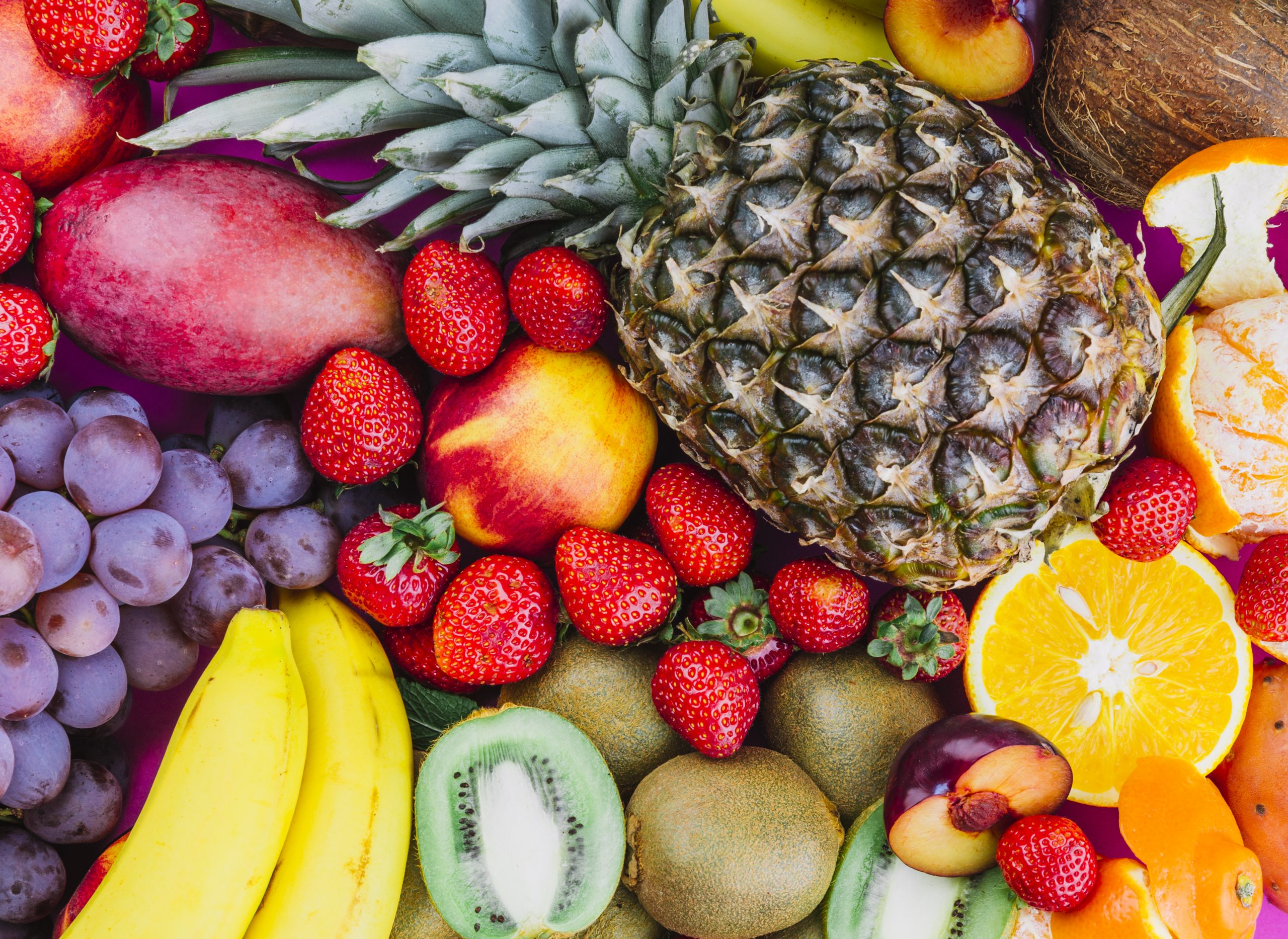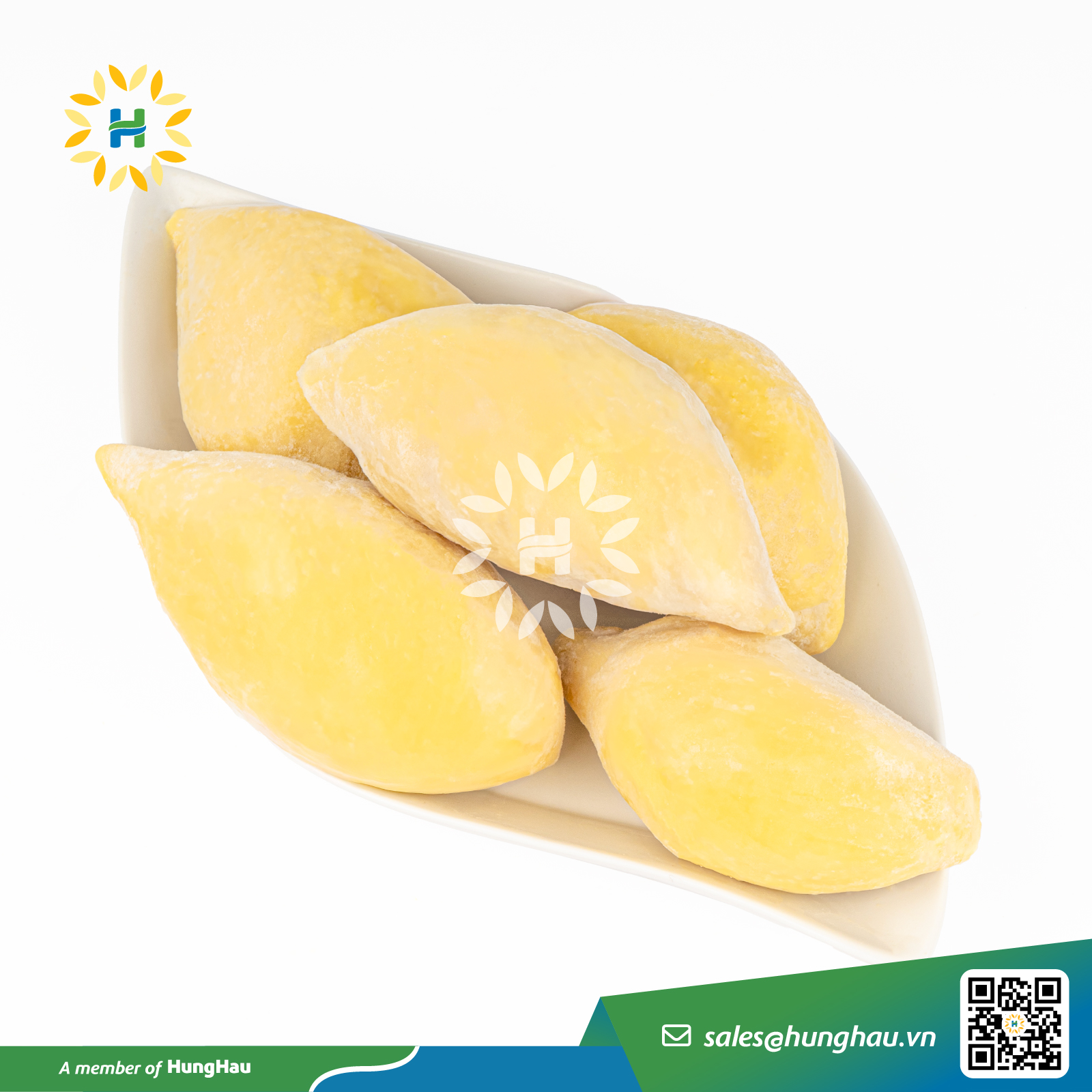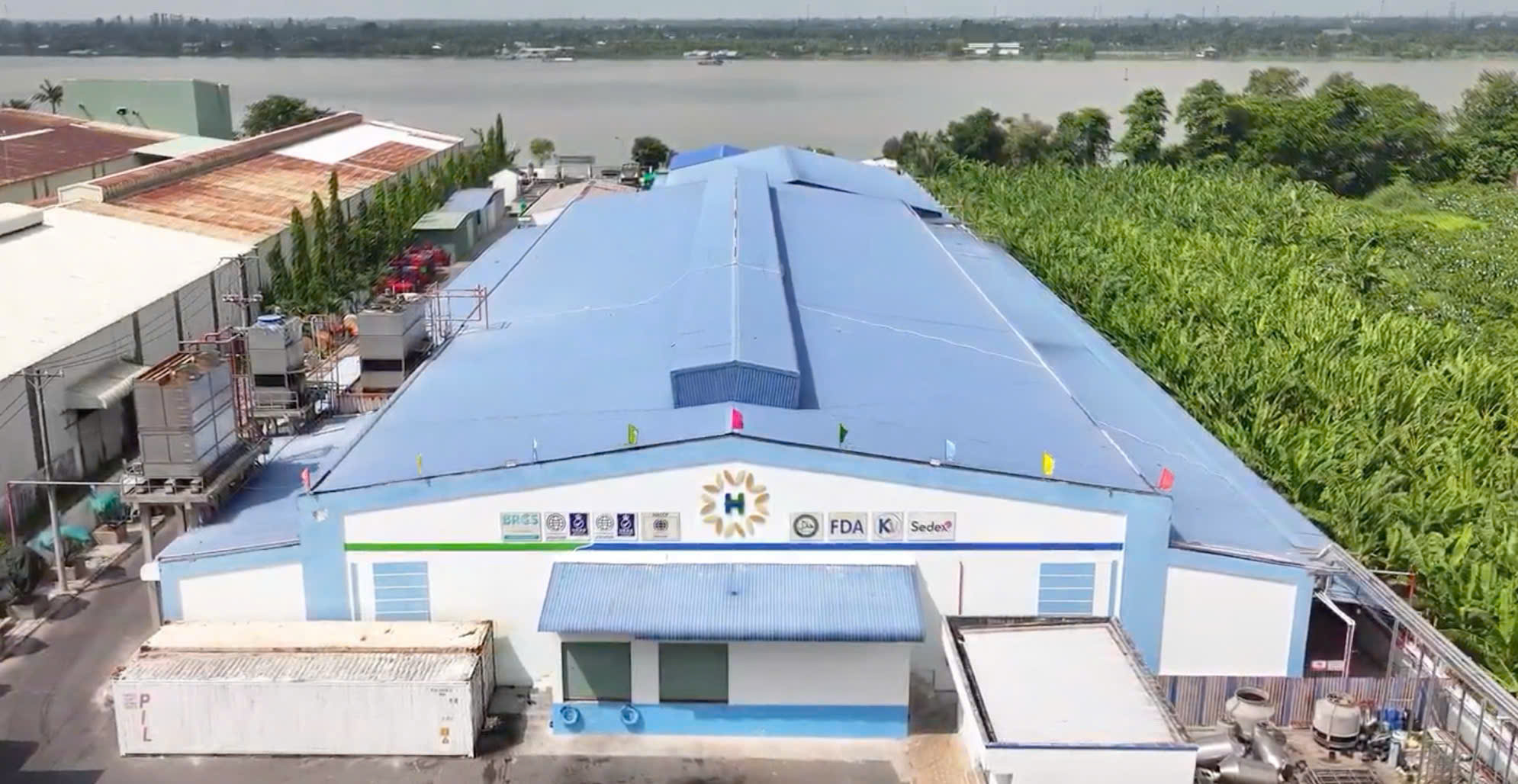Featured News, Market News, News & Event
TRENDS IN THE USE OF FROZEN FRUITS FROM SOUTHEAST ASIA IN FOOD PROCESSING
In the context of globalization and changing consumer tastes after the pandemic, frozen fruits from Southeast Asia are gradually asserting their position in the global food processing industry. With biodiversity, favorable tropical climate conditions, and increasing demand for sustainable consumption, 2025 marks a strong transformation in the fruit processing sector in the region. Below are the prominent trends:
Deep-processed fruits become the spearhead of exports
One of the biggest highlights of 2025 is the strong shift from exporting fresh fruits to deep-processed products such as: freeze-dried, individually quick frozen (IQF), concentrated juice, puree, jam, fermented fruit juice, etc.
There are two reasons explaining this trend. First, international markets (such as the EU, the US, Japan) have high requirements for food safety, long-term preservation, and clear origin. Second, the added value after deep processing is much higher compared to fresh products, helping improve profits for farmers and businesses.
According to the Vietnam Fruit and Vegetable Association, in 2024, the export turnover of fruits and vegetables reached nearly 5.7 billion USD, and the target for 2025 is to reach 8 billion USD, of which processed products account for more than 25% of total turnover.

Tropical Frozen Fruits Become the “Star Ingredient”
Frozen fruits — specialties of Southeast Asia such as durian, mango, passion fruit, jackfruit, dragon fruit, pineapple, guava, longan… are experiencing strong consumption growth worldwide. From these raw materials, businesses create a wide range of high value-added products. Examples include:
- Durian: durian ice cream, durian mochi filling, cake filling
- Mango: juice, dried mango, mango jam, bottled smoothies
- Passion fruit: passion fruit sauce, passion fruit flavored fruit tea, syrup
Notably, China continues to be the largest market for durian consumption, while the EU and North American markets tend to favor mango, dragon fruit, and tropical juices.
Convenience Combined with Health: The Golden Criteria for New Products
The year 2025 marks a turning point in consumption trends: food must not only be delicious but also healthy and easy to use.
Outstanding products include:
- Bottled smoothies made from naturally fermented fruits
- Cold fruit teas combining local fruits such as kumquat, guava, soursop, and lychee
- Crispy/dried fruit snacks replacing less healthy candies and cakes

Young consumers (Gen Z and Millennials) prioritize nutritional quality, attractive packaging, and the story behind the product origin. This forces businesses to invest not only in products but also in brand communication and user experience.
Modern Processing Technology as a Competitive Lever
To meet international standards and preserve the nutrients of fruits, processing enterprises in the region are investing in:
- Freeze-drying (FD) technology: preserves original color, aroma, and nutrition, used for premium markets.
- Individually Quick Frozen (IQF) technology: meets the requirements of supermarket chains and restaurants in South Korea, Japan, and Europe. In Vietnam, Hung Hau Food Joint Stock Company (Hung Hau Foods) is one of the exemplary exporters, producers, and processors applying IQF quick freezing technology. Hung Hau Foods’ products are present in more than 80 countries and territories and have achieved international certifications.
- Enzyme extraction and bio-concentration: applied to pharmaceutical and functional food products made from fruits such as green jackfruit, pomelo peel, and noni fruit.
Additionally, the development of AI and IoT in smart agriculture helps control fruit ripeness, sugar content, and acidity before processing, enhancing input quality.
More Diverse Export Markets – Stricter Standards
Besides China — the traditional market, processed fruits from Southeast Asia are expanding into more demanding markets:
- EU: prioritizes organic products with certifications such as GlobalG.A.P, HACCP, BRC.
- USA: requires clear traceability and only accepts factories with FDA approval.
- Japan and South Korea: have high requirements for food hygiene, packaging size, and transparent information.
Competition in the industry requires enterprises not only to upgrade production processes but also to collaborate with farmers to build certified raw material zones.

Strengthening Regional Linkages – Developing Sustainable Raw Material Zones
An important trend in 2025 is the linkage between enterprises, farmers, and cooperatives to build high-quality raw material zones. For example:
- Mango zones in Dong Thap, Keo mango in Son La, and Hung Yen longan have established growing area codes, facilitating traceability for export.
- Enterprises invest in seeds, provide technical guidance, and purchase stably to ensure farmers have a secure output.
This is the key to ensuring stable raw material supply, consistent quality, and convenient traceability, meeting the demand for large-scale processing.
With advantages in climate, soil, and biodiversity, Southeast Asian fruits, especially frozen fruits from Vietnam, are on track to become strategic raw materials for the global food processing industry. Overall, the consumption trends of Southeast Asian frozen fruits in 2025 include:
- Consumption trends shift towards health and convenience.
- Modern processing technology becomes the standard.
- Enterprises must adapt to more demanding markets.
To fully exploit this potential, companies in the region, including Hung Hau Food Joint Stock Company (HungHau Foods), have invested in raw material zones, applied technology, built brands, and enhanced export capacity to meet these trends.
References
Nhân Dân Newspaper – Vietnam’s fruit and vegetable export turnover in 2024 and targets for 2025: https://nhandan.vn/nganh-rau-qua-truoc-muc-tieu-kim-ngach-8-ty-usd-post857795.html
Hung Hau Foods – Company introduction: https://hfoods.vn/vi
Bonnie Group – Imported fruit consumption trends 2025: https://bonnie.com.vn/blogs/news/thi-truong-trai-cay-nhap-khau-2025-xu-huong-co-hoi-phat-trien-ben-vung
Sales Links: https://hfoods.vn/product-category/iqf-fruits-and-vegetables/
Contact Us
